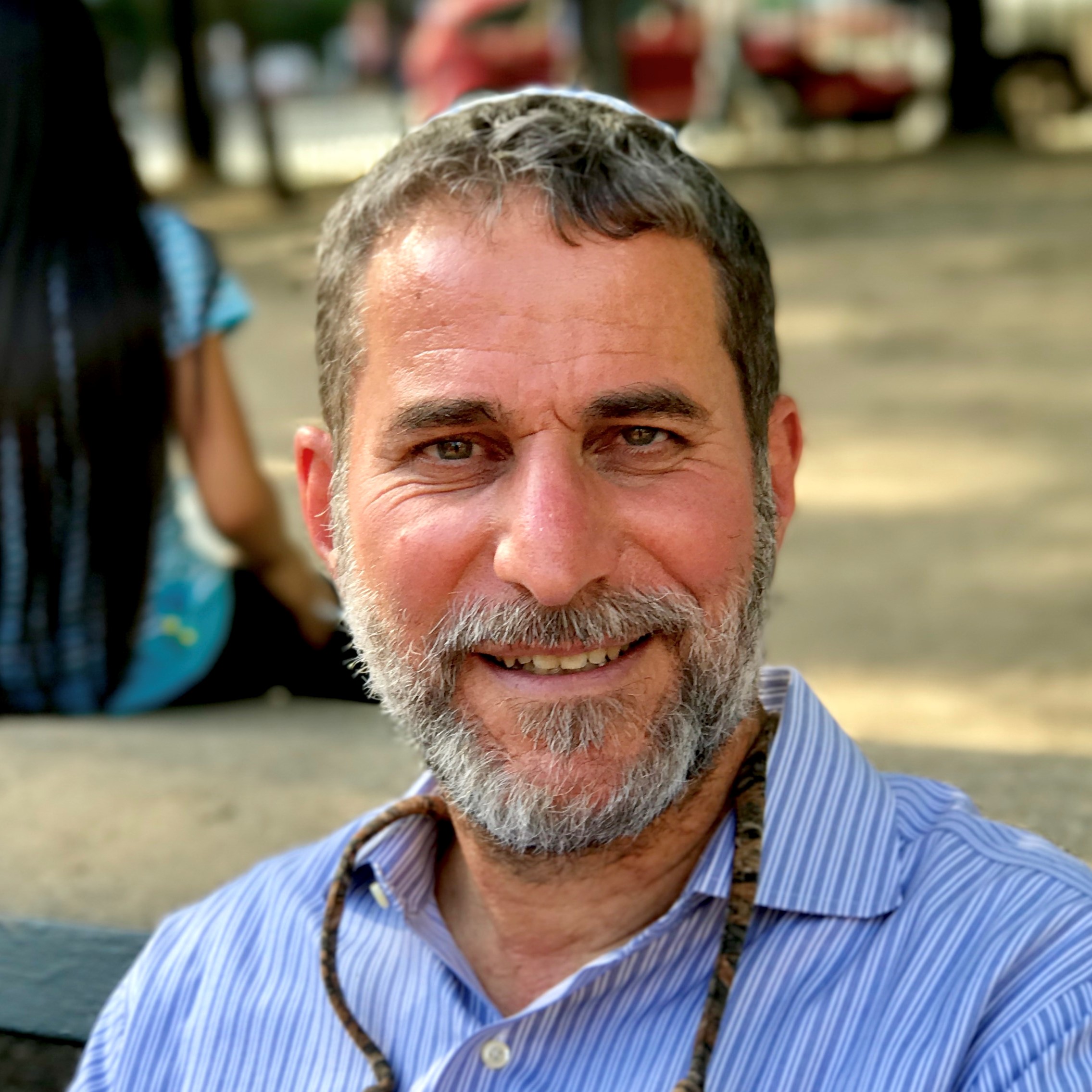Beit Midrash
- Torah Portion and Tanach
- Vayikra
- Tzav
- Shabbat and Holidays
- Passover - Pesach
- Shabbat Hagadol
One of the most important korbanot discussed in Parshat Tzav is the korban Toda, the thanks-offering. It is a central feature of the Jew to give thanks to Hashem, to others, even to the world around us which offers so much to us. Indeed, "Yehudi/Jew" is based on the word "Toda."
The root of toda also connects to "modeh," admittance that we are not perfect & totally self-sustaining. That fact of life is what inspires us to thank & acknowledge those upon whom we depend for our lives & livelihoods. So important is thanksgiving, says the Medrash, that even if all other korbanot will not brought in the future Bet HaMikdash, the korban Toda will still remain.
In the daily Amida, the 1 section (besides Kedusha) that can’t be fulfilled by simply answering Amen is Modim D’Rabanan. Why? Because saying "thanks" requires personal attention & effort.
While the korban Toda does not exist today, we do have a modern-day equivalent: the Birkat HaGomel, recited at Torah-reading, in order to give thanks in 4 specific instances: Recovery from a serious illness or a life-threatening situation; being freed from prison; or crossing an ocean or desert. Have you figured out the link to Pesach yet?
All 4 of these HaGomel situations occurred during Yetziat Mitzrayim! We recovered from our spiritual malaise & the depression which gripped us as slaves; we were freed from the vast prison that was Paro’s Egypt; we safely crossed the Reed Sea & then successfully made our way through the desert to Mt. Sinai & the Land of Israel!
I suggest that all of us, at one time or another, face the same crises our ancestors did: We struggle against illness, be it physical or emotional; stress, despondency or lack of faith. We often feel trapped, as if in prison, within the confines of financial or societal constraints. And making our way through the vicissitudes of life is akin to crossing a vast ocean or desert, battling the elements which confront us, until we finally reach the other side.
And so, at all times we must admit our dependency on Hashem & give Him thanks. Indeed, the entire message of Pesach, say Chazal, is essentially one of Hakarat HaTov, appreciating G-d & showing our gratitude to Him.
Shabbat "HaGadol?" There is nothing more Gadol than saying Toda for that which is above, & around us.
























